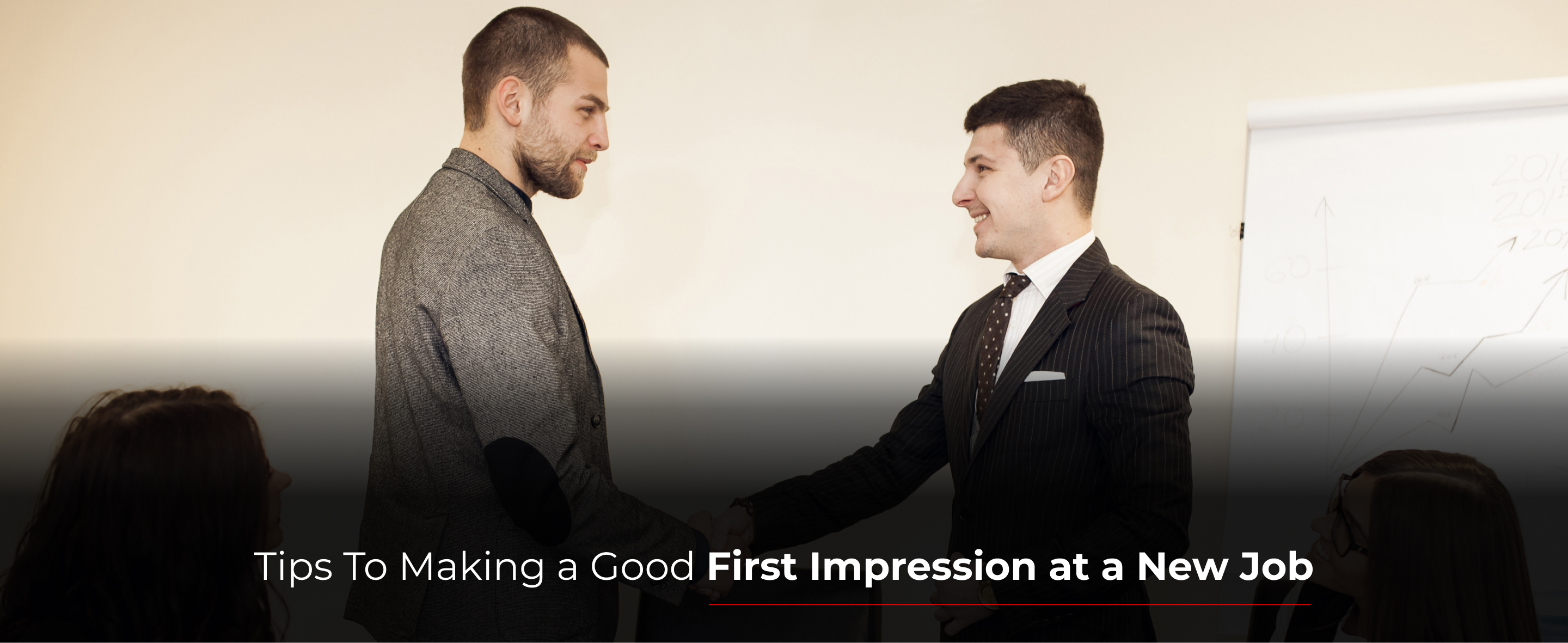
In a competitive job market, receiving a job offer can feel like crossing the finish line. But what if another opportunity is just around the corner? Should you keep interviewing even after accepting your first offer?
This is a common ethical and strategic dilemma faced by early-career professionals and even seasoned job seekers. Let’s unpack the pros, cons, and best practices to help you make the right call.
Why Do Candidates Keep Interviewing After Accepting an Offer?
- Better Offer on the Horizon: They suspect a more lucrative or aligned offer may come.
- Lack of Confidence: They accepted under pressure or have doubts about the employer or role.
- Momentum: After months of applying, the job search habit is hard to break.
- Uncertainty: Candidates want a backup in case the accepted offer is withdrawn.
The Ethical Perspective: Is It Right?
Most recruiters agree: once you’ve accepted an offer, stop interviewing. Continuing reflects poorly on your integrity and commitment. You may not be legally bound—but your reputation is.
The Employer’s Viewpoint
When you back out post-acceptance, employers lose time, resources, and team planning stability. While legal consequences are rare, trust is often lost permanently.
When It Might Be Justified
- Serious Red Flags: You discover toxic culture or misleading information.
- Personal Emergencies: Sudden life changes impact your availability or preferences.
- Unclear Start Dates: The employer delays onboarding or fails to follow up.
Best Practices to Follow
1. Be Thoughtful Before Accepting
Don’t rush. Ask for time and weigh the offer against your long-term goals.
2. Stop Interviewing Once You Accept
Respect your commitment. Inform other companies you’re no longer seeking roles.
3. If You Continue, Be Transparent
If you choose to keep interviewing, communicate honestly and carefully with recruiters.
4. Handle a Decline Gracefully
Notify the employer promptly and offer a professional explanation.
Bottom Line
Once you accept a job offer, the professional standard is to stop interviewing. However, if something changes, be honest, direct, and respectful in how you communicate and act.
FAQ: Accepting a Job Offer and Interviewing
Q1. Is it illegal to keep interviewing after accepting a job offer?
A: No, but it’s considered unprofessional and could hurt your reputation.
Q2. What happens if I accept an offer and then decline it?
A: You may burn bridges. Communicate respectfully and quickly.
Q3. Can I change my mind after signing an offer letter?
A: Yes, but act early and give a clear, honest reason.
Q4. How long can I ask for to decide on a job offer?
A: Typically 2–5 days. Request more time respectfully if needed.
Q5. What’s a good way to turn down a job offer I already accepted?
A: Thank them for the opportunity, explain your change of decision, and apologize for any inconvenience.
Let Shrofile Executive Search Find You Transformational Talent
Does your company need a dynamic and forward-thinking leader? Get in touch today and learn more about how we find and place transformational talent.
For more Updates
Website –www.shrofile.com
Facebook page –https://www.facebook.com/shrofile/
Twitter page –https://twitter.com/shrofile
Linkedin Page –https://www.linkedin.com/company/shrofile/
YouTube Page –https://www.youtube.com/channel/UChVfJqpTjx1dHJ2xq_dMtAw
Instagram Page –https://www.instagram.com/Shrofile/




